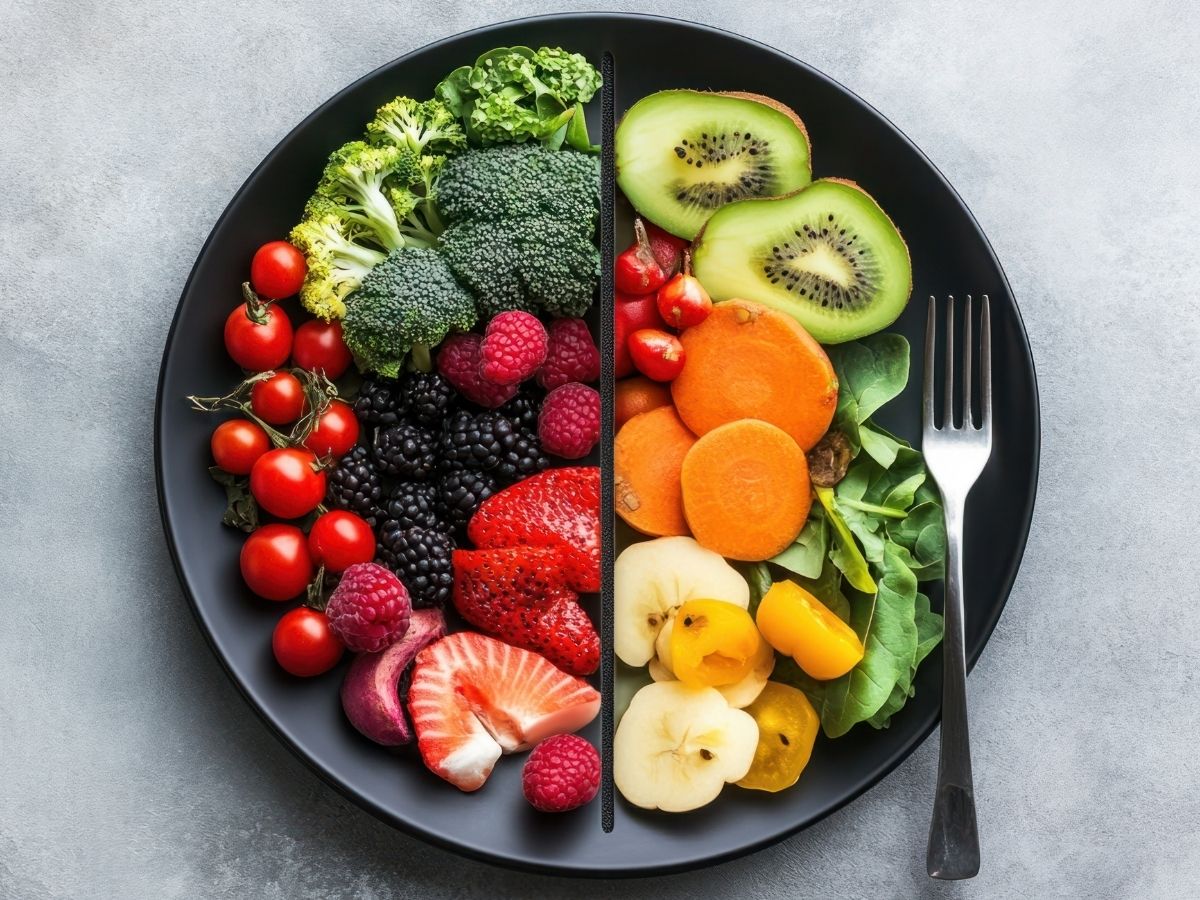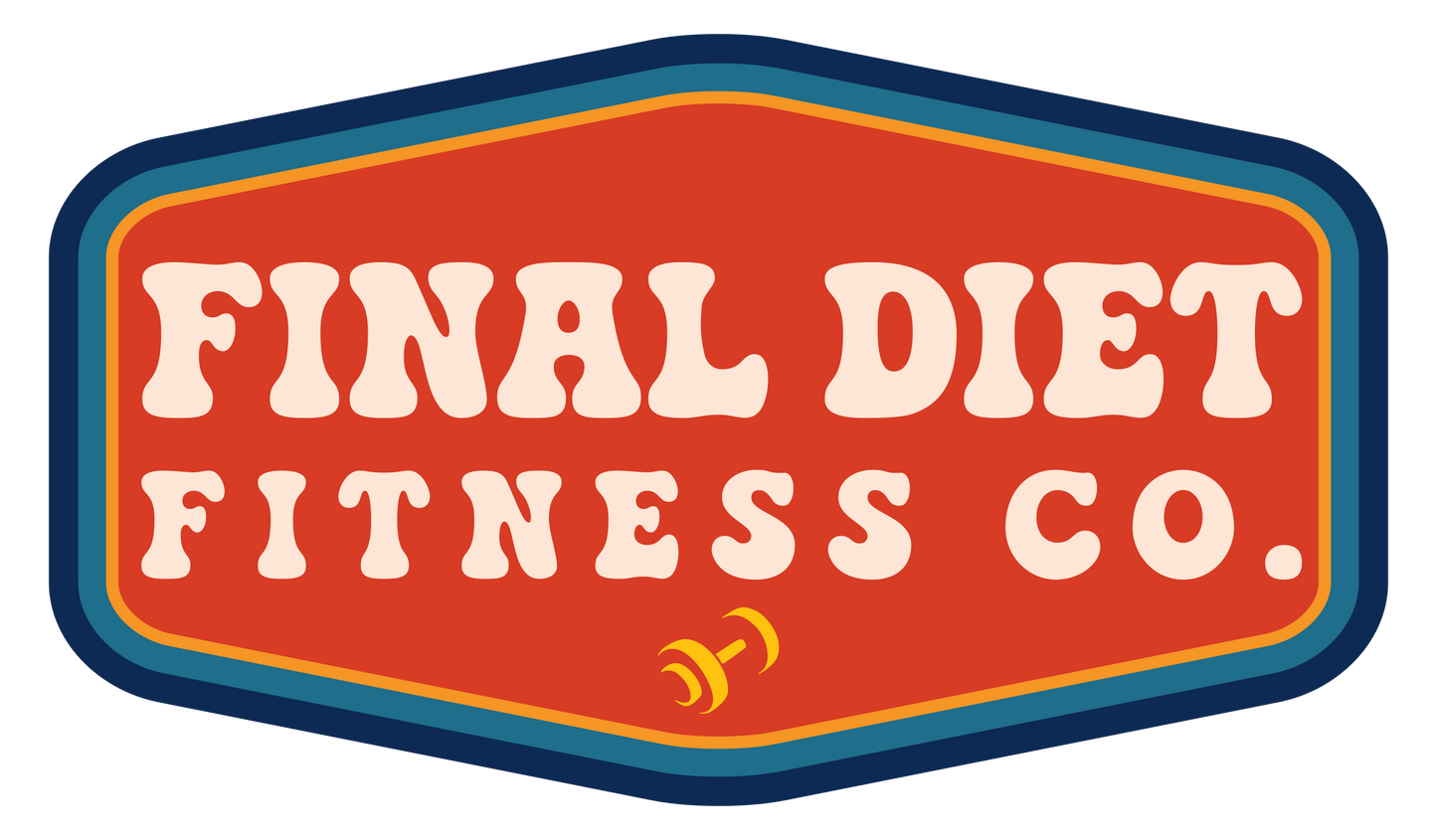
When most people think about improving their diet, they immediately focus on what to cut out—sugar, carbs, fat, or fast food.
But nutrition isn’t just about restriction; it’s about understanding the basics of how food fuels your body.
Once you grasp the fundamentals, making progress toward your goals—whether that’s fat loss, muscle gain, or better energy—becomes far more straightforward.
1. Calories: The Foundation of All Nutrition
Every goal in nutrition begins with calories.
- Calorie deficit: You’re consuming fewer calories than you burn, leading to fat loss.
- Calorie maintenance: Intake matches your energy needs, maintaining body weight.
- Calorie surplus: You’re eating more than you burn—necessary for muscle growth.
While calories matter most for body composition, food quality determines how you feel, perform, and recover.
You can lose weight eating junk, but you won’t feel or function your best doing it.
2. Macronutrients: The Building Blocks
Your body relies on three main macronutrients for energy and structure:
-
Protein builds and repairs tissue, supports lean muscle, and improves satiety.
Good sources: chicken, fish, eggs, Greek yogurt, tofu, lean beef. -
Carbohydrates are your body’s primary energy source, fueling both workouts and brain function.
Good sources: oats, rice, sweet potatoes, fruits, and vegetables. -
Fats support hormone balance, nutrient absorption, and long-lasting energy.
Good sources: olive oil, avocados, nuts, seeds, and fatty fish.
Most people perform best on a balanced mix of all three.
The right ratio depends on your goals, activity level, and preferences—but consistency always beats perfection.
3. Micronutrients and Food Quality
Beyond calories and macros are micronutrients—vitamins, minerals, and antioxidants found mainly in whole foods.
These support everything from immunity and metabolism to sleep quality and energy.
Processed foods can fit occasionally, but your foundation should come from nutrient-dense sources like:
- Colorful fruits and vegetables
- Whole grains
- Lean proteins and healthy fats
Think of micronutrients as the “fine-tuning” that helps your metabolism and recovery run smoothly.
4. Hydration and Fiber: The Overlooked Essentials
Two often-overlooked factors—water and fiber—can drastically improve how you feel day to day.
- Aim for about half your body weight in ounces of water daily.
- Include fiber-rich foods (vegetables, beans, whole grains, fruit) to support digestion and fullness.
Small improvements here often lead to big results over time—better digestion, appetite control, and energy levels.
5. Consistency Over Perfection
Perfect diets don’t exist, but consistent ones do.
If 80–90% of your meals come from nutrient-dense, balanced foods, the occasional treat won’t derail your progress.
The goal isn’t to eat flawlessly—it’s to eat with intention.
Key Takeaways
- Calories determine weight change; food quality determines how you feel.
- A balanced intake of protein, carbs, and fats supports strength, energy, and recovery.
- Prioritize whole foods, hydration, and fiber for health and satiety.
- Consistency beats perfection. Focus on habits you can sustain.
